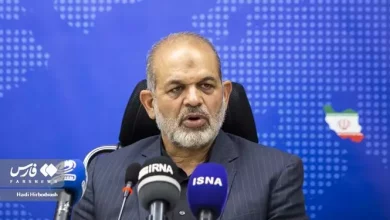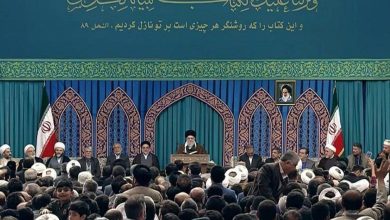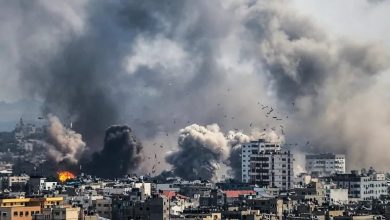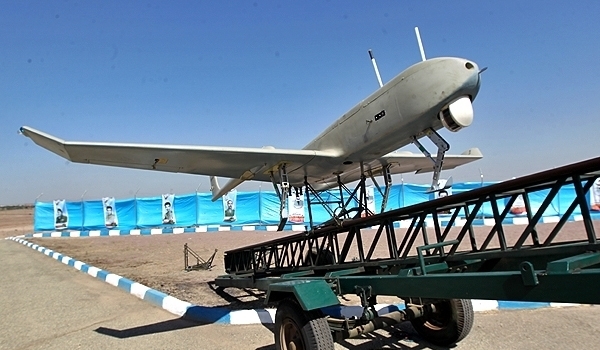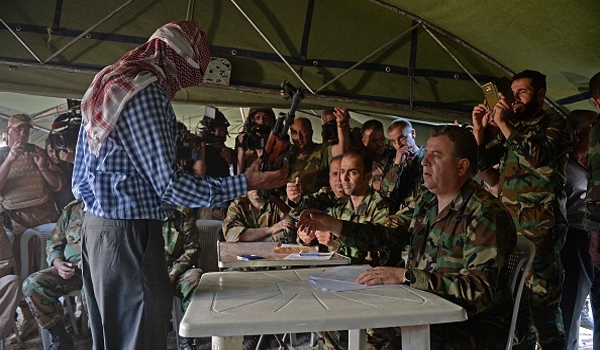UN rights chief urges probe into possible israeli war crimes in Gaza
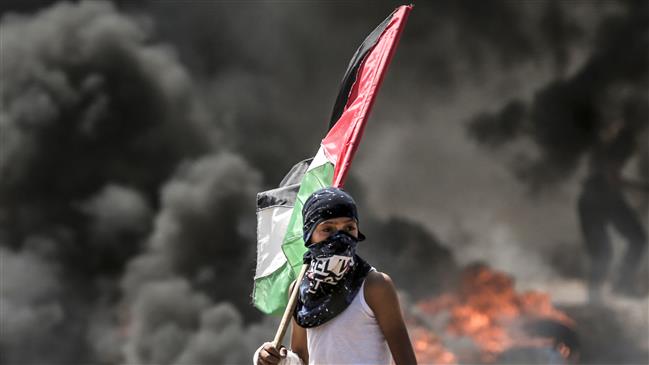

The UN human rights chief says Israel has systematically deprived Palestinians of their human rights, with 1.9 million in Gaza “caged in a toxic slum from birth to death.”
Zeid Ra’ad al-Hussein opened a special session of the UN Human Rights Council in Geneva Friday to decide whether to dispatch an independent commission to investigate allegations of Israeli war crimes in Gaza.
The official backed calls for an international probe into Israel’s deadly reaction to protests along the Gaza fence which he described “wholly disproportionate.”
More than than 100 Gazan have been killed by Israeli snipers in six weeks, with Zeid saying there is “little evidence” to back up Israeli claims that it tried to minimize casualties during Gaza protests.
“The stark contrast in casualties on both sides is … suggestive of a wholly disproportionate response,” he told the council.
Many of the Palestinians injured and killed “were completely unarmed, (and) were shot in the back, in the chest, in the head and limbs with live ammunition,” he said.
“Although some of the demonstrators threw Molotov cocktails, used slingshots to throw stones, flew burning kites into Israel and attempted to use wire-cutters against the two fences between Gaza and Israel, these actions alone do not appear to constitute the imminent threat to life or deadly injury which could justify the use of lethal force.”

Zeid called “an investigation that is international, independent and impartial, in the hope the truth regarding these matters will lead to justice.”
The Israeli mission at the United Nations has been ordered to prevent the investigation, said a Thursday report by Israel’s Channel 10.
On Friday, Palestinians were gathering for fresh protests in the Gaza Strip after Israeli massacre of more than 60 people in the besieged enclave on Monday.
The committee which organized weekly “March of Return” rallies has called on the Gazans to come out en masse on the first day of the fasting month of Ramadan, under the slogan “Friday for the martyrs and the wounded.”
Israeli snipers, tanks and armored vehicles remain deployed near the Gaza fence after they killed at least 62 Gazans on the same day the US opened its embassy in occupied Jerusalem al-Quds.
Tens of thousands of people have been protesting along the fortified fence since March 30, calling for Palestinian refugees and their descendants to be allowed to return to their homes now inside Israel.
On Thursday, Israel carried out airstrikes on what it described as militant sites in Gaza, apparently targeting Hamas which it accuses of organizing protest rallies. The Palestinian Health Ministry said one man was injured during the attacks.
Meanwhile, international condemnation of the Israeli killing, which shocked the world by its ferocity, continued. On Thursday, French President Emmanuel Macron condemned the “heinous acts” committed by Israel.
Palestinian Foreign Minister Riyad al-Maliki, who was addressing a meeting of the Arab League, called the carnage “a bloody racist massacre committed by the Israeli occupation forces in cold blood against our defenseless people.”
More than 2,700 Palestinians were wounded as the Israeli forces used snipers, tank fire and tear gas to target the demonstrators. A Canadian physician was shot by an Israeli sniper in both legs while treating the injured.
“Canada deplores and is gravely concerned by the violence in the Gaza strip that has led to a tragic loss of life and injured countless people,” Canadian Prime Minister Justin Trudeau said on Thursday.
“We are appalled that Dr Tarek Loubani, a Canadian citizen, is among the wounded – along with so many unarmed people, including civilians, members of the media, first responders, and children.”
Palestinian protesters have hoped to draw attention to a dire humanitarian crisis in Gaza, where the economy has collapsed under an Egyptian-Israeli blockade since 2007.
Egyptian President Abdel Fattah al-Sisi said on Thursday he had made a rare decision to open the Rafah crossing with Gaza for a month, allowing Palestinians to cross during the holy period of Ramadan.
The Rafah crossing is Gaza’s only gateway to the outside world not controlled by Israel, but Egypt has largely sealed it in recent years under a security cooperation agreement with Tel Aviv.

